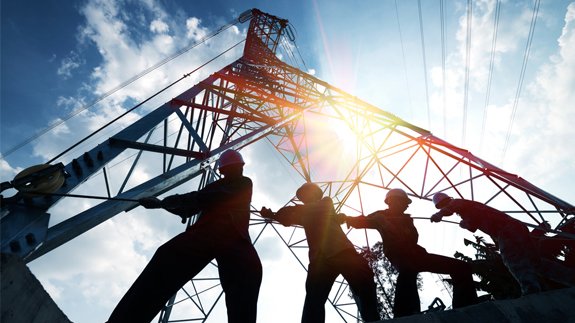The UK Government is seeking views on the development of a smarter, more flexible and user-friendly energy system.
The Call for Evidence also aims to find out what can be done to make it easier for businesses to provide voluntary demand side response, i.e. when they reduce electricity use at times of peak demand in exchange for payments.
The Department for Business, Energy and Industrial Strategy (BEIS) and Ofgem are working together to ensure the grid can respond to the latest challenges and take advantage of the opportunities offered by new innovative technologies and services.
Earlier this year the National Infrastructure Commission said consumers could see savings worth up to £8 billion a year by 2030 by using electricity in a “smart” way.
It was reiterated by Policy Exchange, which found consumers could save up to £90 per household by 2030 if the UK developed a smarter and more flexible power system.
Business and Energy Secretary Greg Clark said: “New demands on our energy system – for instance from electric vehicles and the need to manage renewable energy resources – mean that these enhanced capabilities aren’t just advantageous but essential.
“As well as meeting new challenges, we must seize the opportunities enabled by a smart system – including active demand side response to price incentives and the use of advanced energy storage technology.”
Ofgem adds there is “significant demand” to develop electricity storage projects as more than 19GW of applications have been made in recent months.
The consultation is open until 12th January 2017. The government expects to publish a plan in spring 2017.
Yesterday BEIS outlined plans for £580 million of funding for its Contracts for Difference (CfD) scheme and launched a consultation on its proposals to put into effect the closure of unabated coal-fired power stations by 2025.





